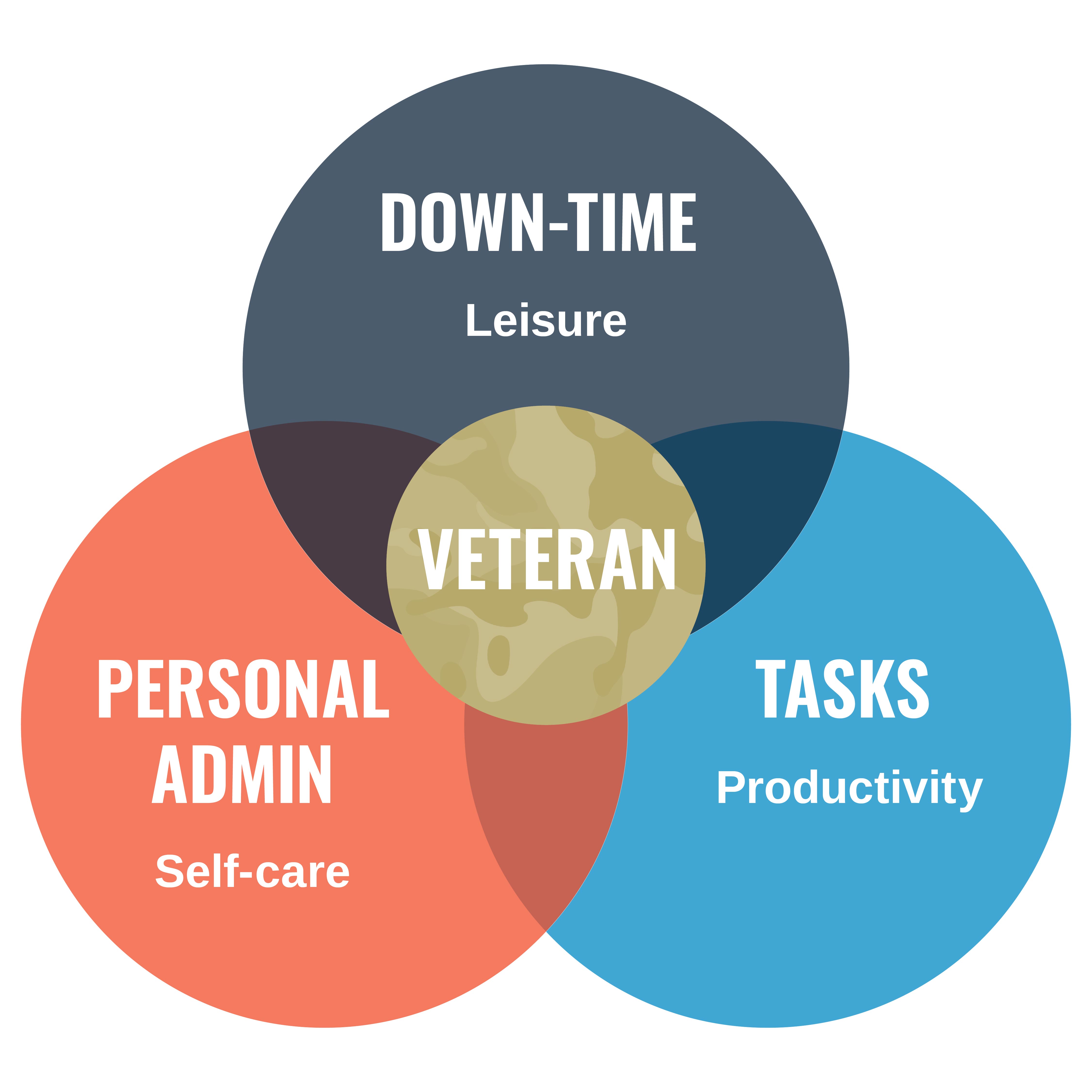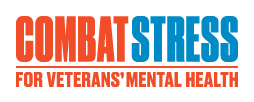Occupational Therapy Week 2023
This week (6-12 November) is Occupational Therapy Week in the UK. Occupational Therapy plays an important part in the treatment provided by Combat Stress, but what exactly does it entail?
The day-to-day activities you DO (Occupations) describe who you are and how you feel about yourself. In the context of Occupational Therapy, occupations are any activity that we need, want or like to do to live and to look after our physical and mental health, and our emotional and spiritual wellbeing.
We do occupations from the moment we are born, on our own or with others.
Occupations can include
- Productivity – occupations that make a social or economic contribution (e.g. working, volunteering, studying, housework/DIY)
- Leisure – occupations for enjoyment (e.g. socialising with friends, participating in hobbies, belonging to a group/sports team)
- Self-care – occupations for looking after the self (e.g. dressing, hygiene, eating, sleep)
Occupations are essential to living. They give our lives meaning, purpose and structure. They help shape who we are, connect us with others and help create our identity and sense of belonging. Through occupation, we enhance our health and quality of life.
Post Traumatic Stress Disorder, low mood, anxiety and physical impairments can turn everyday activities into challenges for our veterans and reduce their ability to participate in the occupations that are important to them.
At Combat Stress, Occupational Therapists work with veterans to find meaningful and purposeful activities to add to their lives to ensure a balance between productivity, leisure and self-care.
It could be studying, photography, finding a job or changing jobs, playing with their children, fishing, going for a meal with the family, shopping, relaxing in a hammock, going to the movies, yoga, joining a group, spending time in nature, helping their children with homework, cooking, playing golf… the possibilities are endless…
In the doing, healing and recovery happen.
- Baking a cake distracts from difficult thoughts, decreases anxiety and gives the joy of sharing with family members.
- Building model railways opens the door to meeting like-minded people, battles isolation, re-integrates a veteran into their community and helps build social and support structures.
- Discovering pottery leads to a new hobby, gets a veteran on a course, makes them a blogger and adds the roles of volunteer, motivator and fundraiser.
- Doing a fitness session, sets a veteran on a road to physical fitness, a qualification as a Personal Trainer and a new career with a new sense of belonging.
Occupational Therapists see beyond diagnoses and limitations to hopes and aspirations.
As much as restoring physical and mental function, the Occupational Therapy team help to rebuild people’s lives.
